rental property questions
liz_h
16 years ago
Related Stories
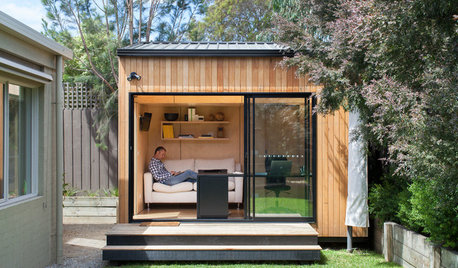
REMODELING GUIDESDesign Workshop: Is an In-Law Unit Right for Your Property?
ADUs can alleviate suburban sprawl, add rental income for homeowners, create affordable housing and much more
Full Story
REMODELING GUIDESConsidering a Fixer-Upper? 15 Questions to Ask First
Learn about the hidden costs and treasures of older homes to avoid budget surprises and accidentally tossing valuable features
Full Story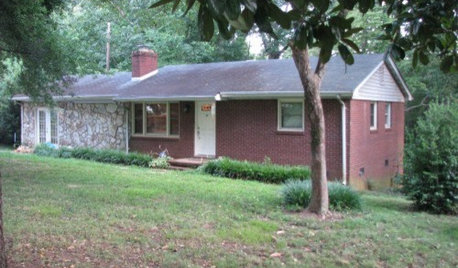
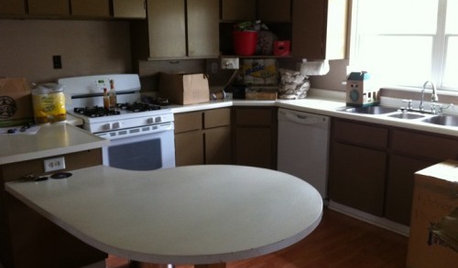
Design Dilemmas: 5 Questions for Houzzers!
Post Ideas for Landscaping for a Modern Home, Updating a Rental and More
Full Story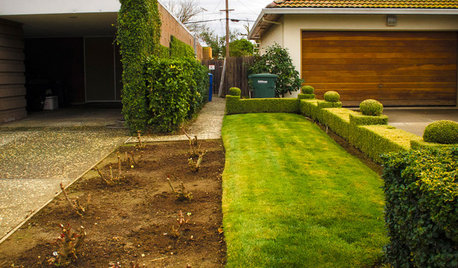
EXTERIORSWhere Front Yards Collide: Property Lines in Pictures
Some could be twins; others channel the Odd Couple. You may never look at property boundaries the same way again
Full Story
DECORATING GUIDESImproving a Rental: Great Ideas for the Short and Long Haul
Don't settle for bland or blech just because you rent. Make your home feel more like you with these improvements from minor to major
Full Story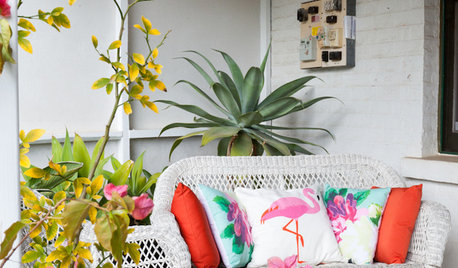
DECORATING GUIDESHouzz Tour: Clever DIY Tricks Warm a Rustic Rental Cottage
An interior designer finds ways to beautify her family’s temporary home — and still keep the landlord happy
Full Story
KITCHEN DESIGNKitchen of the Week: Making Over a Rental for About $1,500
Fresh paint, new hardware, added storage, rugs and unexpected touches breathe new life into a Los Angeles apartment’s kitchen
Full Story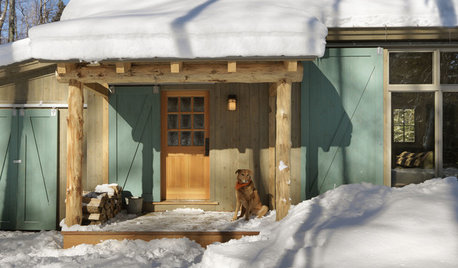
RUSTIC STYLE10 Cabin Rental Basics for City Slickers
Stay warm, dry and safe while you’re enjoying winter cabin life with this valuable advice
Full Story
SELLING YOUR HOUSE15 Questions to Ask When Interviewing a Real Estate Agent
Here’s what you should find out before selecting an agent to sell your home
Full StorySponsored
More Discussions



coolvt
chisue
Related Discussions
Help with a rental property fireplace
Q
Buy cheap little house for rental property?
Q
Tax Deduction on Rental Property
Q
Which Trane System for Rental Property
Q
liz_hOriginal Author
mariend
coolvt
momto6
coolvt
C Marlin
chisue
C Marlin
coolvt
jlhug
chisue
jlhug
coolvt
chisue
C Marlin
jlhug
coolvt
jlhug
coolvt
chisue